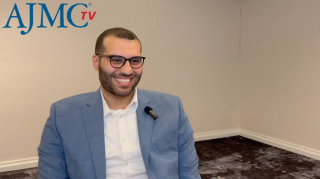
Oncology
Latest News

Latest Videos

Podcasts
CME Content
More News

The 2025 Community Oncology Conference empowered attendees with insights on advocacy, innovation, and practical strategies for enhancing community cancer care.
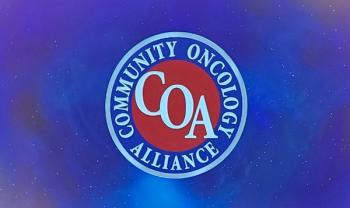
An executive order signed on Tuesday, March 15, necessitated a change in plans for this panel discussion from the 2025 Community Oncology Conference, with the assembled experts, moderated by Ted Okon, MBA, executive director of the Community Oncology Alliance, speaking to how the order would reverberate across the community oncology space.

As skin cancer rates continue to rise, here are 5 key facts every health care professional should know to improve prevention, early detection, and patient outcomes.

Experts at the Community Oncology Conference discuss innovative patient navigation programs, emphasizing technology's role and the importance of human connection in cancer care.

Lalan Wilfong, MD, of Thyme Care and Texas Oncology, discusses a session on circulating tumor DNA (ctDNA) and shares insight as chair of the Community Oncology Alliance (COA) Payer Reform Committee.
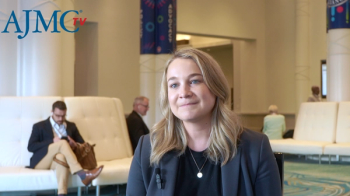
Kate Baker, MD, MMHC, medical director of value-based care at Tennessee Oncology, talks about innovations in cancer care highlighted at the Community Oncology Conference.
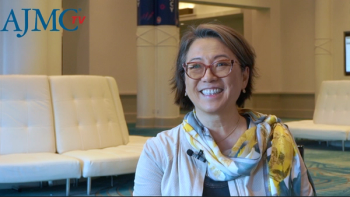
At the 2025 Community Oncology Conference, Nini Wu, MD, Navista, shares how AI can transform community oncology.
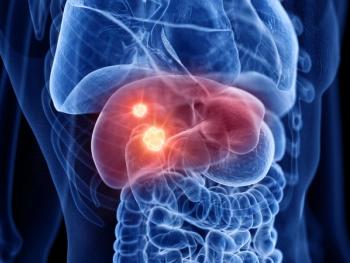
Increased levels of human leukocyte antigen G (HLA-G) were associated with inferior overall survival.

Experts champion medically integrated care and oncology optimized distribution models as vital strategies to improve outcomes, streamline access, and reduce costs for patients.

Downstaging and bridging strategies are changing how hepatocellular carcinoma (HCC) is treated.

Prior studies have shown that women may absorb cancer therapies differently than men, but this study focused on the fallout on patients' physical activity and quality of life.

From a meeting that celebrates basic research and being "first," a look at 3 data sets on therapies that would break new ground.

Zongertinib Shows Durable Responses With No Interstitial Lung Disease in HER2-Mutated Advanced NSCLC
Results could give patients with HER2-mutated non–small cell lung cancer (NSCLC) an oral therapy option.

Even with prevention measures and timely, aggressive intervention, tumor lysis syndrome (TLS) remains life-threatening, as a case study in small cell lung cancer (SCLC) illustrates.

A new study has found increased risks for liver, pancreatic, and bowel cancers following a new diagnosis of type 2 diabetes—but not all obesity-related cancers show a link.

Emerging research highlights how vitamin D boosts immunity and reduces colorectal cancer (CRC) risk by regulating inflammation and cell growth.

"Value" in oncology should measure far more than clinical outcomes, stated Andrew Chapman, DO, as he argued how rethinking "value" could not only enhance patient care but also drive down costs.

Researchers are calling for more targeted efforts to improve health equity after a new analysis revealed that cancer symptom documentation and burden vary across certain demographics.


The risk of some skin cancers, including squamous cell carcinoma, basal cell carcinoma, and non-melanoma skin cancer, was particularly heightened among patients with severe mucous membrane pemphigoid.

These advances are designed to improve uptake of biomarker-driven cancer care and reduce treatment delays.

Cathy Eng, MD, FACP, FASCO, participated on the panel discussion, “Health Equity in Cancer Care Delivery,” during the January Institute for Value-Based Medicine® event, “Elevating Value in Cancer Care: Nashville.”

Coverage from the Atlanta Regional meeting of the Institute for Value-Based Medicine.
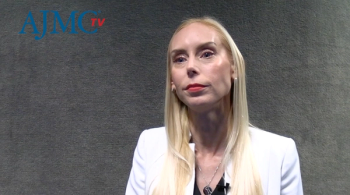
Laura Bobolts, PharmD, BCOP, senior vice president of clinical strategy and growth at OncoHealth, shares how health care leaders are advancing value-based care through improved data strategies, real-world evidence, and AI-driven efficiencies, without losing the human touch.

NCCN Data Find Racial, Socioeconomic Disparities in Quality of Care for Metastatic Pancreatic Cancer
New data from the National Comprehensive Cancer Network (NCCN) reveal that socially vulnerable and minority patients with metastatic pancreatic cancer are less likely to receive recommended treatments and achieve longer survival.







